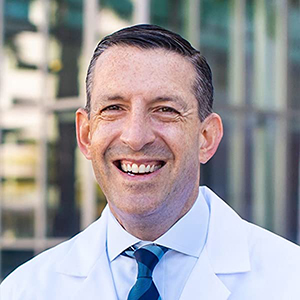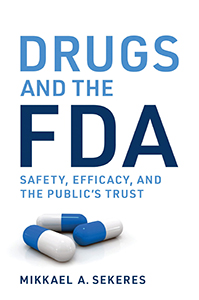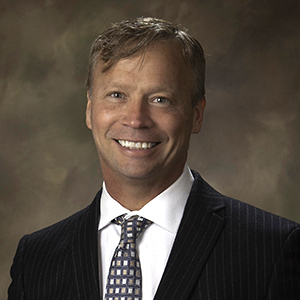Interview with Dr. Mikkael Sekeres


Dr. Mikkael Sekeres
author of "Drugs and the FDA: Safety, Efficacy, and the Public’s Trust"

Michael Carter
Co-Host
Dr. Mikkael Sekeres, author of "Drugs and the FDA: Safety, Efficacy, and the Public’s Trust"
Dr. Mikkael Sekeres's Website
Dr. Mikkael A. Sekeres joined the University of Miami Health System and Sylvester Comprehensive Cancer Center as Chief of the Division of Hematology. He earned his medical degree and a Master’s Degree in clinical epidemiology from the University of Pennsylvania School of Medicine.
Dr. Sekeres completed his postgraduate training at Harvard University, finishing an internal medicine residency at Massachusetts General Hospital and a fellowship in hematology-oncology at the Dana Farber Cancer Institute in Boston. He chaired the Oncology Drugs Advisory Committee of the FDA, has been on the editorial boards for several medical journals, and chairs scientific advisory boards for patient advocacy groups and research funding agencies. He will practice out of Sylvester Comprehensive Cancer Center with a focus on Leukemia and Myeloid Disorders.
Dr. Sekeres’ career highlights include:
His research focuses on patients with myelodysplastic syndromes (MDS) and older adults with acute myeloid leukemia (AML) He has been the national and international primary study investigator on dozens of phase I/II/III clinical trials He is the author or co-author of over 400 manuscripts and 600 meeting abstracts He is a frequent essayist for The New York Times and has written 8 books He is on the Executive Committee of the American Society of Hematology and a member of the American Society of Clinical Oncology and the Southwest Oncology Group —Leukemia Committee
The Book: "Drugs and the FDA: Safety, Efficacy, and the Public’s Trust"
ISBN: 0262047314
Get the bookHow the FDA was shaped by public health crises and patient advocacy, told against a background of the contentious hearings on the breast cancer drug Avastin.
Food and Drug Administration approval for COVID-19 vaccines and the controversial Alzheimer’s drug Aduhelm made headlines, but few of us know much about how the agency does its work. Why is the FDA the ultimate US authority on a drug’s safety and efficacy? In Drugs and the FDA, Mikkael Sekeres—a leading oncologist and former chair of the FDA’s cancer drug advisory committee—tells the story of how the FDA became the most trusted regulatory agency in the world.
It took a series of tragedies and health crises, as well as patient advocacy, for the government to take responsibility for ensuring the efficacy and safety of drugs and medical devices.
Before the FDA existed, drug makers could hawk any potion, claim treatment of any ailment, and make any promise on a label. But then, throughout the twentieth century, the government was forced to take action when children were poisoned by contaminated diphtheria and smallpox vaccines, an early antibiotic contained antifreeze, a drug prescribed for morning sickness in pregnancy caused babies to be born disfigured, and access to AIDS drugs was limited to a few clinical trials while thousands died.
Sekeres describes all these events against the backdrop of the contentious 2011 hearings on the breast cancer drug Avastin, in which he participated as a panel member. The Avastin hearings, he says, put to the test a century of the FDA’s evolution, demonstrating how its system of checks and balances works—or doesn’t work.